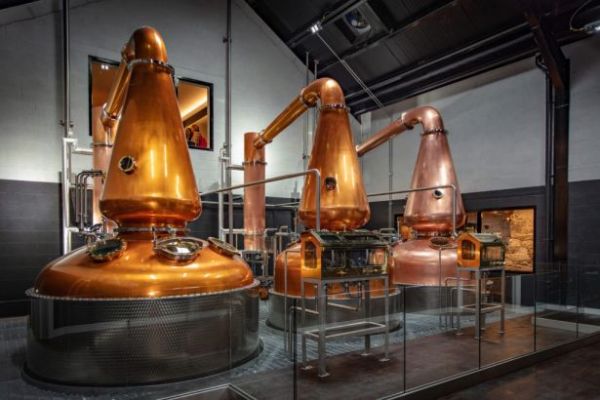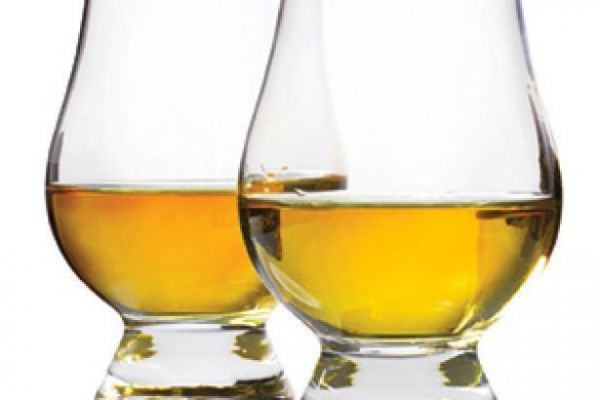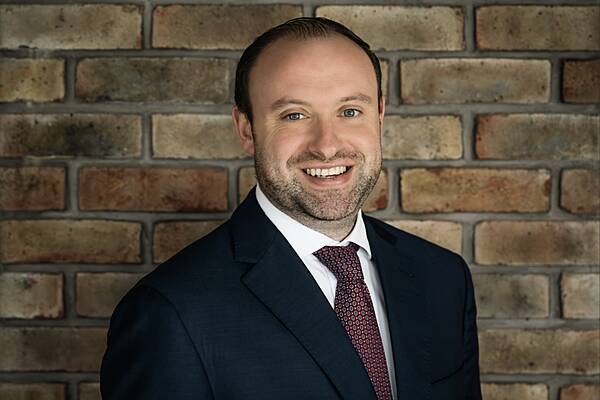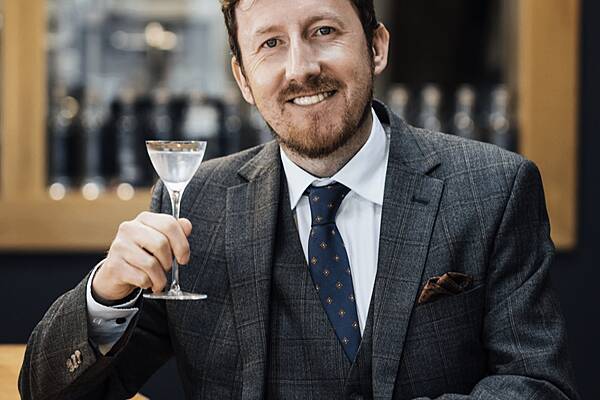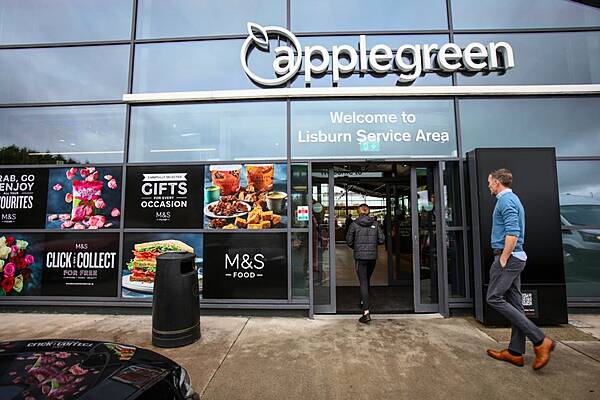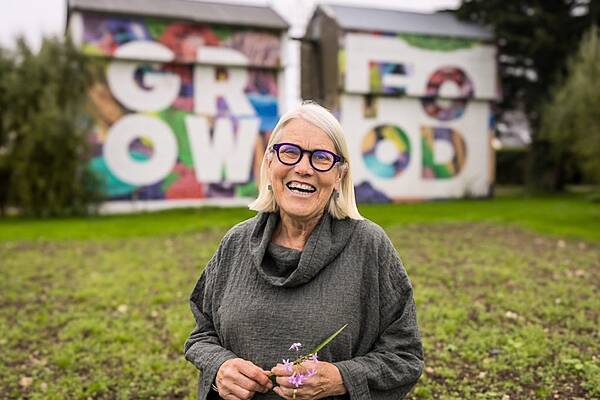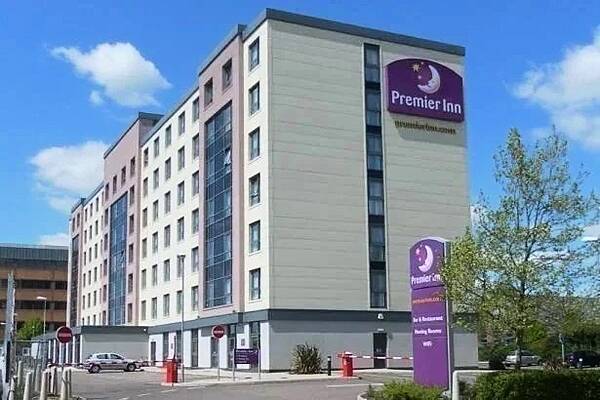A new generation of distilleries around the country is providing high-quality, sought-after spirit brands using some innovative and some traditional methods, as well as growing their visitor appeal to tourists. We talk to two women who have made the profession their own.
This article was originally published in the Autumn 2021 issue of Hospitality Ireland Magazine, in October of 2021.
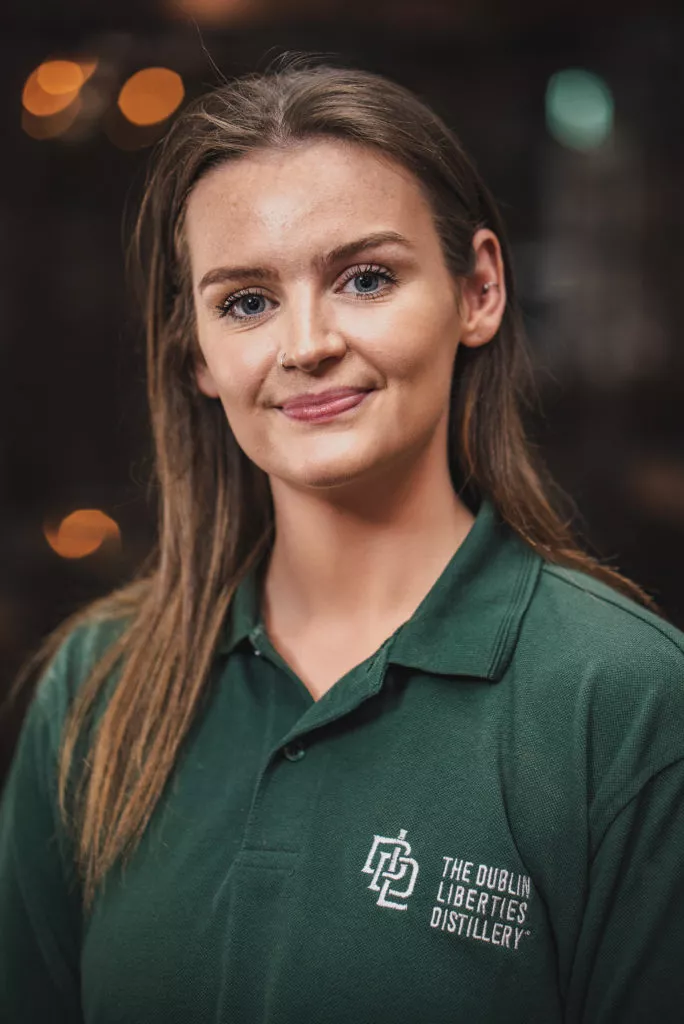
Caitriona McAleese
CAITRIONA MCALEESE
Distillery Operative,
The Dublin Liberties Distillery
How did you first get interested in becoming a distiller?
My background is in food science, studying at University College Dublin. Through a couple of course projects within that field, I became fascinated with fermented foods – the manipulation of raw materials and the process of fermentation. Becoming a distiller effectively meant putting that interest into action.
What has been your training and career path?
I knew I wanted to explore my interest in fermentation in more detail after my undergrad studies, and that pushed me to move to Scotland, where I undertook a master’s degree in brewing and distillation at Heriot-Watt University. This gave me full exposure into the world of crafting spirits, providing all of the fundamental theory behind what we do every day at the Dublin Liberties Distillery [DLD], creating premium Irish whiskey.
How did you start in your current role?
I joined the DLD in November 2018, when our Mill Street distillery, in the heart of Dublin’s Liberties, was still under construction. While we now have a team of five experienced distillers, there was just myself and one other distiller at the time, so it was pretty full on, however, I’m so glad I have been here from the beginning, as it has taught me a lot to see the distillery develop from the ground up, to where we are now, as a fully operational distillery.
What is the best thing about your job?
I enjoy the level of responsibility that each of our distillers has during our designated day of production. From start to finish, each of us is in charge of the volume of spirit produced that day, and there’s a certain level of satisfaction with that.
What is the most challenging thing?
It’s quite a multifaceted job and requires a lot of attention to detail in numerous places simultaneously, and that can be very challenging. Time management is crucial, so keeping on top of things can be difficult when there’s a lot of moving parts!
Why do you think there has been such activity within distilling in the last ten years?
I think Irish whiskey has really come into its own in the last decade. There’s been some amazing whiskey produced in this country that has caught the eye of the growing international market.
With increasing global demand for what we can do, there’s been a surge in new distilleries and new brands, which has been brilliant to see. The DLD has built its own distillery, which is now the home for our Dubliner and Dublin Liberties brands.
Where do you hope to see the sector go?
I have confidence that the Irish whiskey sector will continue to grow over the coming years.
I’m enjoying this new wave of whiskey drinkers at the moment. I love the idea that a whiskey is for everyone, moving away from the stereotypical dram drinker and encouraging everyone to try. I hope to see more people dipping their toes and experimenting at the bar!
What makes a great whiskey?
For me, I think a great whiskey is 80% whiskey and 20% set and setting. My ideal experience would be on a cold night, hiding away in the snug of a pub with a whiskey and good company. I love a sherry finish, so my go-to would be our Dublin Liberties Copper Alley or Redbreast 12.
Why is Irish whiskey so unique?
Irish whiskey is unique in its smooth and light flavour, which stems from our use of triple distillation, setting us apart from bourbon and Scotch. Distilling our spirit three times allows us to remove more of the heavy congeners [substances other than the desired type of alcohol produced during fermentation] from the distillate, which would contribute to a rougher mouthfeel and harsher flavour profile. This method allows us to collect sweet, bright new make spirit [a clear, aromatic liquid that runs off the still and into the receiver] whilst maintaining some of its bolder oily notes, adding to the complexity of Irish whiskey.

Megan Byrne
MEGAN BYRNE
Distiller, Distillery Operative,
The Dublin Liberties Distillery
How did you first get interested in becoming a distiller?
I first became interested in distilling when I was studying for my BSc in nutrition and health. As part of the course, we had to carry out a work placement, and I was lucky enough to work with Jameson down in Midleton. I had never really given much thought to distilling before, but I thoroughly enjoyed my time there, and it piqued my interest in pursuing a career in the drinks industry.
What has been your training and career path?
On completion of my BSc, I secured a job in California, working in the wine industry, where I was responsible for quality control. From there, I spent time in the wine industry in Marlborough, New Zealand, before deciding that if I ever wanted to return home to Ireland, I may need to specialise in a master’s.
I moved to Edinburgh for a year to study for a master’s in brewing and distilling at Heriot-Watt University, and on completion of that, I was offered a job as a trainee distiller with One Eight Distilling, in Washington, D.C. I was then offered a job with the Dublin Liberties Distillery, which, for me, was an offer I couldn’t refuse
How did you start in your current role?
I was based in Washington, D.C. when I was made aware of the distilling role coming up at the DLD. As a start-up craft distillery focused on the revival of Irish whiskey, I was immediately interested.
I met Caitriona whilst studying in university, and she had been working here since finishing her degree. We had been chatting back and forth and catching up when she mentioned they were hiring. I applied, and the rest is history!
What is the best thing about your job?
Apart from working with a great team, the best thing about the job would be how hands-on it is, and how much we learn daily. Every day is different, and because we are a small team, we are responsible for all the goings-on around the distillery. It’s a bonus that we get to create delicious liquid along the way!
What is the most challenging thing?
The most challenging aspect of the role would be the problem-solving aspect. Within production, often you will hit bumps in the road, where something might go wrong or not work out as expected, and it’s on us to figure that out and fix it. Although challenging, it gives us a greater understanding of the inner workings of the distillery and knowledge that will stand to us for years to come.
Why do you think there has been such activity within distilling in the last ten years?
There has been a massive jump in the number of distilleries opening in the last ten years, and I think it’s because more and more people are looking for niche beverages, whether they want to support local or are looking to delve deeper into craft spirits.
Large drinks companies are also looking to establish themselves in areas that were previously steeped in distilling traditions, just like here in Dublin’s Liberties, where we are located. There are four distilleries within walking distance of us, and we are very much part of the revival. It’s great to see so many distilleries opening up and the diverse innovation they bring with them, as well as the job opportunities they provide in the local community.
Irish whiskey’s popularity has soared in recent years, and with more innovative techniques and experimentation going on, I think this trend will continue. Whiskey is becoming more popular with millennials, and particularly women, whereas in years gone by, whiskey was known as a man’s drink.
Where do you hope to see the sector go?
I hope it continues to grow, and even though the Irish whiskey industry has seen significant growth in the last decade, there is still so much more room for growth. With many young distilleries emerging over the next few years, I think we will be pleasantly surprised at what new products come our way. I think it’s also exciting to see how e-commerce is impacting the industry and helping consumers to discover the breadth of Irish whiskeys out there. We were one of the first craft distilleries to embrace e-commerce when the pandemic hit, switching to delivering directly to consumers across Ireland, and the response has been fantastic, showing that the appetite for new and interesting craft Irish whiskeys is strong.
What makes a great whiskey?
Making a great whiskey can involve many factors, beginning with the barley that we use to brew, to the casks that we use to age our liquid in. I think a great whiskey tells a story. With every sip, you should be hit with some beautiful aromas and complex notes, and a longing to find out more.
Whilst I believe great ingredients, high standards and quality control are important in the production of whiskey, from a consumer point of view, drinking whiskey is all about the experience. Much more than just the age or finish on the cask, a great whiskey will have character and lead you to another place. Where that is is up to the individual, but it will leave you satisfied and wanting to take another sip.
Why is Irish whiskey so unique?
Triple distillation separates us from our counterparts in Scotland, who only distil twice, resulting in a much smoother, lighter whiskey.
Experimentation and innovation are encouraged within the Irish whiskey industry, which has allowed us to create a hugely diverse range of flavour profiles, to suit every palate. Irish whiskey is unique, in the sense that there is nothing quite like the Irish culture and craic, and the same can be said for the whiskey that’s produced on this lovely little island.
Read More: Hospitality Ireland Autumn 2021: Read The Latest Issue Online!

